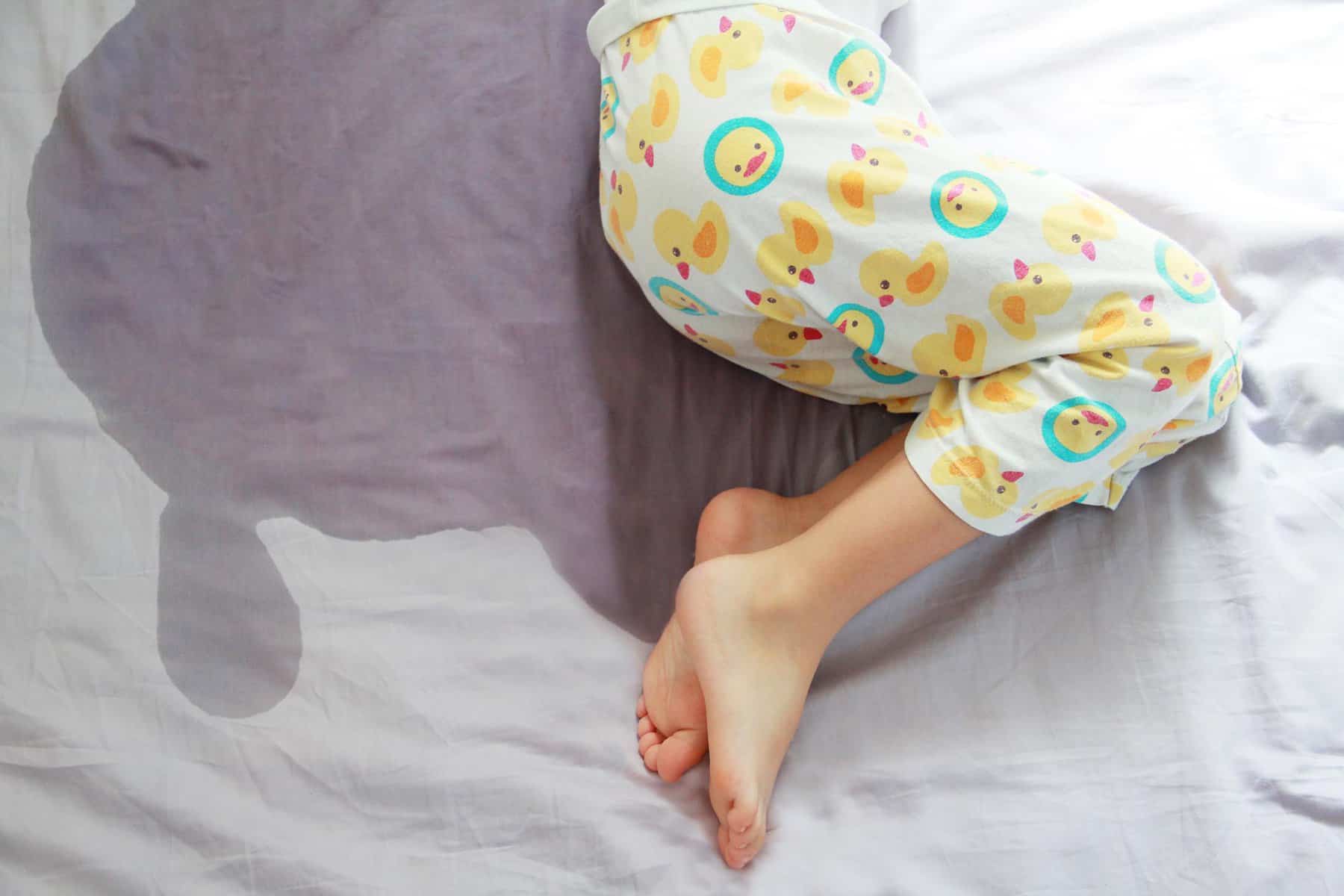Expert Care for Day & Night-Time Wetting in Children
Address your child’s day and night-time wetting issues with expert care at The Forbury Clinic. Submit an enquiry for a consultation and explore our comprehensive treatment options.

Overview of Day and Night-Time Wetting
Day and night-time wetting, also known as enuresis, is a common condition affecting children. While it can be distressing for both the child and their parents, it is often a part of normal development and can be effectively managed with the right approach. Addressing and treating this condition early is crucial to prevent emotional distress and improve the child’s quality of life. At The Forbury Clinic, we specialise in diagnosing and treating enuresis with compassionate care and advanced techniques. Contact us today to learn more and schedule a consultation.


What is Day & Night-Time Wetting?
Day and night-time wetting, or enuresis, refers to the involuntary leakage of urine during the day or night in children who are old enough to control their bladder. There are two types of enuresis: primary, where the child has never been consistently dry, and secondary, where the child starts wetting again after having been dry for a significant period. Common symptoms include frequent urination, urgency, and occasional wetting during the day, along with bed-wetting at night. Enuresis can affect a child’s self-esteem and lead to social challenges, making early intervention and support essential for both the child and the family.
Causes and Risk Factors
Causes
Day and night-time wetting can result from various factors, including:
Developmental Delays:
Some children take longer to develop bladder control.
Genetics:
A family history of enuresis can increase the likelihood.
Deep Sleep:
Children who are deep sleepers may not wake up when their bladder is full.
Small Bladder Capacity:
Some children have a bladder that cannot hold a large volume of urine.
Constipation:
Full bowels can put pressure on the bladder, leading to wetting.
Stress and Anxiety:
Emotional factors can contribute to enuresis.
Medical Conditions:
Conditions such as urinary tract infections or diabetes can cause wetting.
Risk Factors
Family History:
Children with parents who experienced enuresis are more likely to have it.
Attention-Deficit/Hyperactivity Disorder (ADHD):
Children with ADHD are at higher risk.
Male Gender:
Boys are more likely to experience enuresis than girls.
Early Toilet Training:
Starting toilet training too early can sometimes contribute to enuresis.
Diagnosis
Diagnosing day and night-time wetting involves a comprehensive evaluation at The Forbury Clinic. The diagnostic process includes:
- Medical History and Physical Examination: Discussing symptoms, medical history, and lifestyle factors with a specialist.
- Urine Tests: Analysing urine samples to detect infections or other abnormalities.
- Bladder Diary: Keeping a record of the child’s urination patterns, fluid intake, and wetting episodes.
- Imaging Tests: Ultrasound may be used to assess the kidneys and bladder.
- Additional Tests: In some cases, additional tests such as urodynamic studies may be conducted to evaluate bladder function.
These diagnostic tools ensure a thorough and accurate diagnosis, allowing for effective treatment planning.

Treatment of Day and Night-Time Wetting
At The Forbury Clinic, we offer a range of treatment options for day and night-time wetting, tailored to each child’s specific needs.
- Non-Surgical Treatments
- Innovative Treatments
Behavioural Therapy:
Techniques to encourage bladder control, such as scheduled bathroom visits and positive reinforcement.
Bedwetting Alarms:
Devices that wake the child when wetting starts, helping them learn to respond to bladder signals.
Medications:
Medications such as desmopressin can reduce urine production at night. Anticholinergic medications may be prescribed to relax the bladder and increase capacity.
Diet and Fluid Management:
Adjusting fluid intake and diet to manage bladder irritation and capacity.
Biofeedback Therapy:
Using technology to help children learn to control their bladder muscles.
Psychological Support:
Addressing any underlying emotional or psychological issues contributing to enuresis.
Managing Day & Night-Time Wetting
Managing day and night-time wetting involves a combination of medical treatments and supportive strategies:
Consistent Routine:
Establishing regular bathroom breaks during the day and before bedtime.
Positive Reinforcement:
Encouraging and rewarding the child for dry nights and successful bathroom visits.
Absorbent Products:
Using absorbent underwear or bed protectors to manage nighttime wetting.
Open Communication:
Maintaining a supportive and non-punitive approach to help the child feel comfortable discussing their condition.
These management strategies complement medical treatments and provide a holistic approach to improving the child’s urinary health and overall well-being.
Complications
- Emotional Distress: Enuresis can lead to low self-esteem and social difficulties.
- Skin Irritation: Frequent wetting can cause skin irritation and rashes.
- Sleep Disturbances: Night-time wetting can disrupt sleep patterns for both the child and the family.
Prognosis
With appropriate treatment and support, most children outgrow enuresis. Early intervention can significantly reduce the frequency of wetting episodes and improve the child’s confidence and quality of life. Regular follow-ups ensure ongoing support and adjustment of treatment strategies as needed.


Why Choose The Forbury Clinic?
Choosing The Forbury Clinic for your child’s treatment of day and night-time wetting ensures you receive exceptional, patient-centred care from a team of experienced specialists. Our clinic is renowned for its expert medical staff, who are dedicated to providing precise diagnoses and effective treatments tailored to each child’s needs. We utilise cutting-edge technology and the latest medical advancements to offer innovative solutions for enuresis and other paediatric urological conditions. Our compassionate approach prioritises your child’s comfort, privacy, and overall well-being, ensuring a supportive environment. With comprehensive diagnostic and therapeutic services, The Forbury Clinic is committed to helping your child achieve optimal urinary health and a better quality of life.